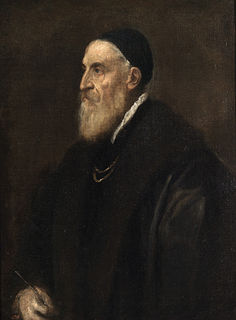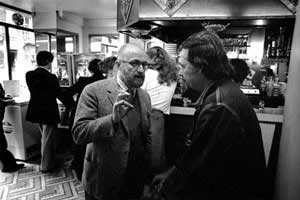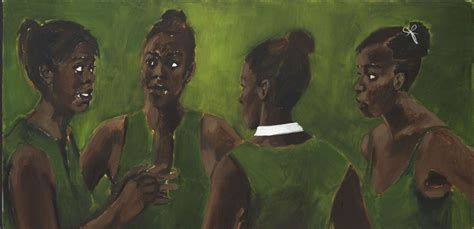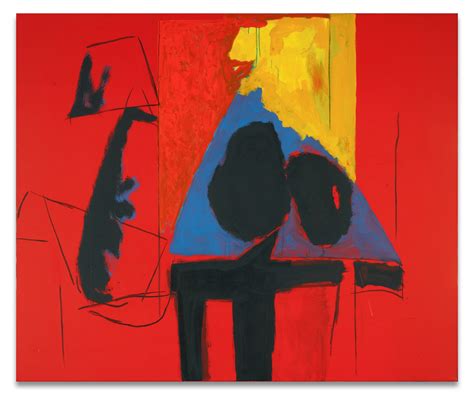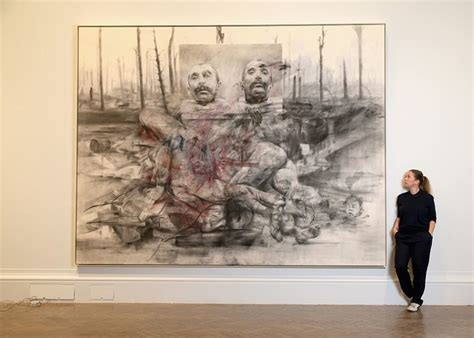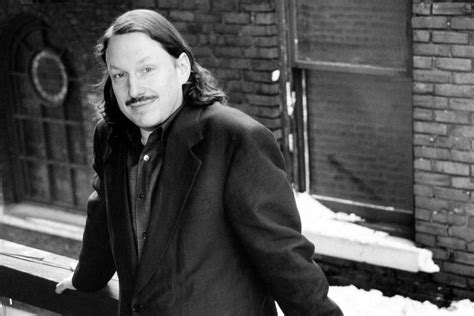A Quote by Ron Parker
I don't think it's necessary for artists to have any formal training in painting or art history, but I do think it's essential to continually experiment with different subject matter, types of paint and methods of painting.
Related Quotes
Not every painter has a gift for painting, in fact, many painters are disappointed when they meet with difficulties in art. Painting done under pressure by artists without the necessary talent can only give rise to formlessness, as painting is a profession that requires peace of mind. The painter must always seek the essence of things, always represent the essential characteristics and emotions of the person he is painting.
[Comics is] one of the last havens for honesty when it comes to a reader's genuine response to art. Most of us, if we don't find any sympathy or pleasure, for example, in a modern painting, are likely to blame our own ignorance of the history and theory of painting. But nobody pretends to like a bad comic strip. Such harshness is necessary for any real truth to surface, I think, and for art to really contribute anything to life. Though I don't know. I could be wrong.
I'm not anti conceptual art. I don't think painting must be revived, exactly. Art reflects life, and our lives are full of algorithms, so a lot of people are going to want to make art that's like an algorithm. But my language is painting, and painting is the opposite of that. There's something primal about it. It's innate, the need to make marks. That's why, when you're a child, you scribble.
What makes art Christian art? Is it simply Christian artists painting biblical subjects like Jeremiah? Or, by attaching a halo, does that suddenly make something Christian art? Must the artist’s subject be religious to be Christian? I don’t think so. There is a certain sense in which art is its own justification. If art is good art, if it is true art, if it is beautiful art, then it is bearing witness to the Author of the good, the true, and the beautiful
Painting allows me to use other portions of my brain pleasurably. Irony plays no part in what or how I paint. I paint the particular subject matter not to make polemical points but because I am interested in the human imprint on the landscape. I paint the landscape of my time and place with the stuff in it.

